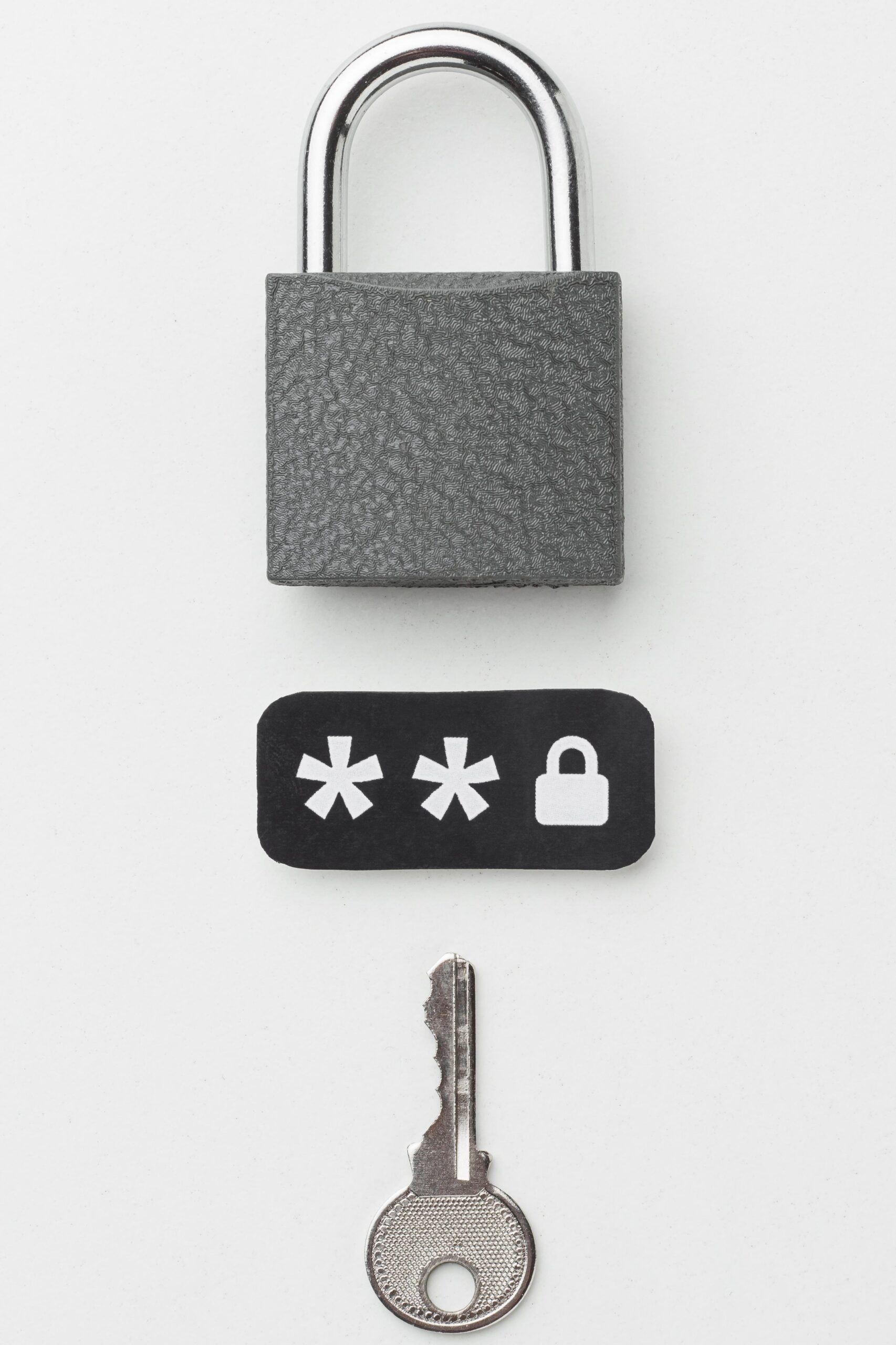








Get quick answers to our most frequently asked questions.

Common payment methods for private jet charters include credit and debit card transactions, bank transfers, cheques, and increasingly, cryptocurrencies. Each method has its own advantages and challenges, making it essential for clients to choose the most suitable option for their needs.
Secure transaction processing is crucial in the private aviation sector due to the high-value nature of charter bookings and the potential for fraud. Implementing robust security measures helps protect both operators and clients from fraudulent activities and ensures compliance with regulatory standards.
Private jet operators face several challenges in payment processing, including high chargeback rates, fraud detection issues, and obtaining high-risk merchant accounts. These challenges necessitate effective fraud prevention strategies and a thorough understanding of regulatory compliance.
Credit card processing for private jet charters involves using specialized payment processors that cater to the unique needs of the aviation industry. While credit cards offer convenience, they may also come with transaction limits, fees, and security concerns that must be considered.
Bank transfers are advantageous for large sums typical in private jet bookings as they often have lower fees compared to credit cards. However, they also carry risks associated with cheque payments and require careful verification to ensure security.
Cryptocurrency is gaining acceptance in the private aviation industry as an emerging payment option. Digital currencies like Bitcoin offer advantages such as faster transactions and enhanced privacy but also present regulatory considerations that operators must navigate.
